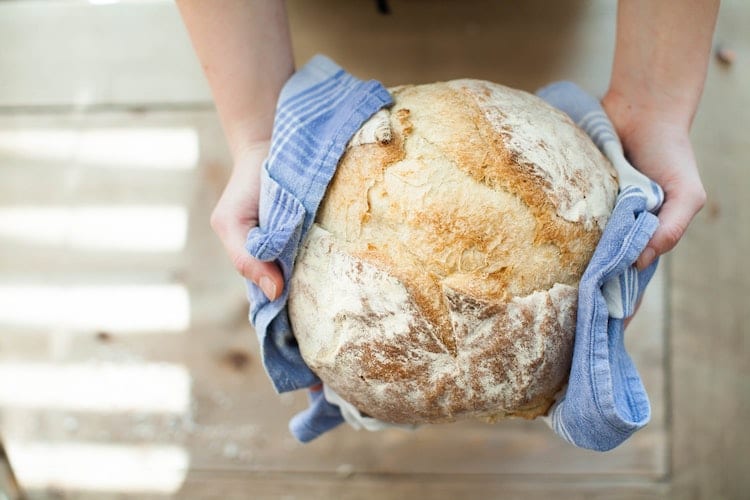Tips for Self Starters to Make the Most of Their Kitchen

Since millions of Americans are spending more time at home than ever, many are looking for new ways to break up the days. If you’re inside 24/7, even things like meals can feel boring and monotonous after a while. That’s why so many people have turned to unique challenges, like baking their own bread, to help pass the time.
If you’re a DIY enthusiast who’s capable in the kitchen, here are some things you can try.
Bake Your Own Bread
With millions of people quarantining at home full time, homemade bread has made a comeback. Baking bread is pretty challenging, and you might not get it right on your first few tries. However, making that first perfect loaf of bread is exceptionally rewarding.
There are tons of recipes out there, but some can get pretty complex. It’s probably best to start simple and work your way up. It’s a bit old fashioned, but knowing how to bake your own bread is a valuable and impressive skill that you can pick up while sheltering at home.
Buy Chickens
As with baking homemade bread, tons of people are going retro and buying chickens. A Missouri hatchery owner told NPR that demand was so high for chicken eggs that she was struggling to keep up. Raising and nourishing chickens takes a lot of work, but you’ll get a challenging, hands-on problem to work out and an endless supply of fresh eggs!
Raising chickens in your backyard is a bit expensive up-front, however. You’ll need to buy the chick, chicken, or eggs, as well as food, a feeder, and a waterer. You’ll probably need to buy or build your own coop as well, plus lamps, lightbulbs, and bedding. Over time you’ll likely end up saving cash by never buying eggs again, but an initial cost of more than $500 isn’t unsubstantial.
Start A Garden
For a project that is a bit more conventional and simple, now is a good opportunity to try and start your own garden. As long as you have space, starting a garden isn’t terribly difficult. You’ll need to spend money on tools, seeds, and soil before you start, but the initial costs aren’t all that high.
In addition, you can start growing fruits and vegetables by using scraps you might otherwise throw out. Taking care of a living thing is always a challenge, whether its a chicken, tomato, or celery stalk, but there are plenty of economic and mental benefits to come from successfully planting a garden at home.
Herbs and Spices
A little bit of flavor goes a long way. Using herbs and spices in your recipes can make usually bland meals into delights, and can help give leftovers new life too. Herb and spice sets aren’t terribly expensive either. You can get a set of 24 for $70 for instance, and that set should last you months and even years.
Plenty of spices and herbs have health benefits too. Just two teaspoons of thyme, for instance, have more than half your daily dose of vitamin K. A good spice rack can reinvent your cooking and stretch some meals further. Of course, before you go mixing and adding spices, it’s good to know what flavors compliment each other well. If you master the craft, you’ll be able to spice up anything you make.









